May 2025 bakery

A record of internet content that has caught my attention and ideas I've been thinking about this month.
Half baked
Some written thoughts, but not enough for their own post.
Claude Code is wild
My latest workflow involves three main parts. First, I use Claude Code to help me write a product requirements document (prd) for the feature I'm working on (prompt). Then I have it break the prd into tasks with another prompt. And then I have it complete the tasks with a third prompt. This is stolen largely from Ryan Carson. But what's incredible about Claude Code is that you can have multiple instances running at the same time. That means while my left terminal pain is working through a task list, my right terminal pain is creating the next PRD and task list.
After executing a task list, I have Claude Code create a PR. It has access to the Github CLI. I then review the PR in Github, which is where I'm used to reviewing code. Earlier this week, I provided feedback in Github and then told Claude Code to retrieve the feedback and update the PR. It had no trouble all. The fact that we have a coding agent that can properly interact with standard code review practice is pretty mind blowing to me.
Using parallel coding agents

After I implement a feature with Cursor, I'll open a few new tabs and kick off the same prompt in each. It goes something like:
Please look at our git status. Perform a code review of everything we've changed. Come up with options on how we can improve. Order these options with biggest and most important improvements at the top. Then I'll choose which improvements to implement. Thank you.
They will come up with independent results and then I can pick the best ideas.
Metaprompts
When I find myself repeating a prompt in Cursor, it's a good sign that I might want to create a new cursor rule. For example, as I work through my task list on my app, I often would start with a prompt like, "Please look at @plan.md and @tasks.json. We are about to start task 44, what questions do you have before we begin?" I decided to ask Claude-4-opus to help me generate a new project_context.mdc:
Please help me create a new cursor rule. See @cursor_rules.mdc . This rule should load context for this project and should tell the coding agent to review appropriate files to build context. I think the files to look at are @self_improve.mdc @plan.md @schema.rb @taskmaster.mdc @tasks.json What else would be important for each time we begin a new task? Or is that enough? If so, please create a rule that basically spins up the agent as efficiently as possible no matter what task.And now I can kick off a new task with:
@project_context.mdc - Please take a look at the current in progress task. What questions do you have before we get started?Hairy bugs and open source etiquite
As I code more outside of work, I've gotten more experience with open source. I'm a little shocked at how entitled and unprofessional some issue reporters are. You are using this library for free. The maintainer owes you nothing. This issue has some of this energy. I found and participated in the thread because it relates to one of the hairiest bugs I've had to deal with outside of work to date. Honestly, with the ubiquity of LLMs, there really isn't any excuse to not ask, "Please make my comment more professional and helpful." Another example discussion from the Task Master AI project can be found in this issue.
Teaching the LLM
When teaching a student, we can use a check for understanding to gauge their grasp of the topic. The same approach is useful with LLM's and vibe coding. When I start a new feature that is building off some existing feature, I'll first ask the LLM to summarize how the existing feature works. If I'm fixing something, I might then ask, Is there anything wrong with this code? If I'm adding something, I might then ask, What are some improvements we could make to this feature. Since in all these cases I know the shape of the answer I'm looking for, it's a good test of the LLM. If the LLM describes the functionality omiting some important piece or with some halucination, I can follow up with another check, Are you sure? Can your review this documentation, file, folder, etc? Since the LLM is an eager-to-please partner, these twenty-style questions won't result in your teammate hating you as they would if used on a human. Rather, they will fill the LLM's context window with ideas that will be help the LLM produce the desired results.
Raw
Naked links
✨ AI Slop
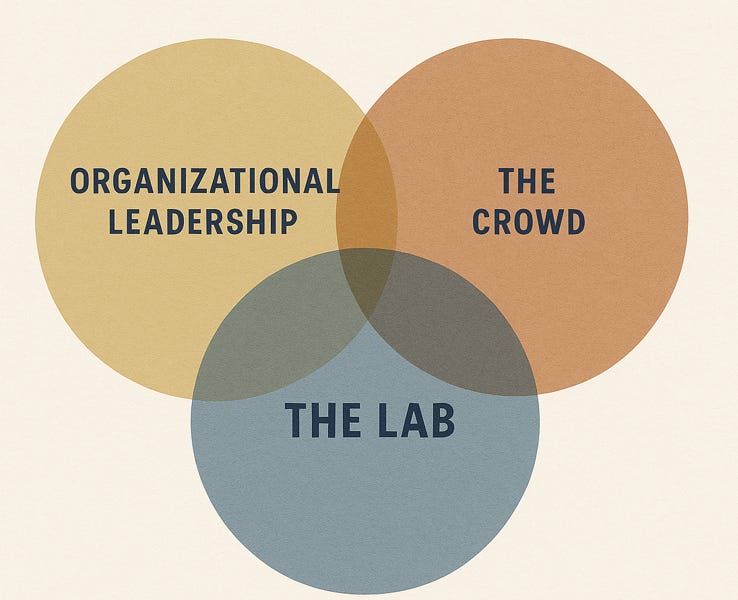
Will efficiency gains be translated into layoffs or will they be used to grow the organization?
Nice walkthrough of using Cursor.
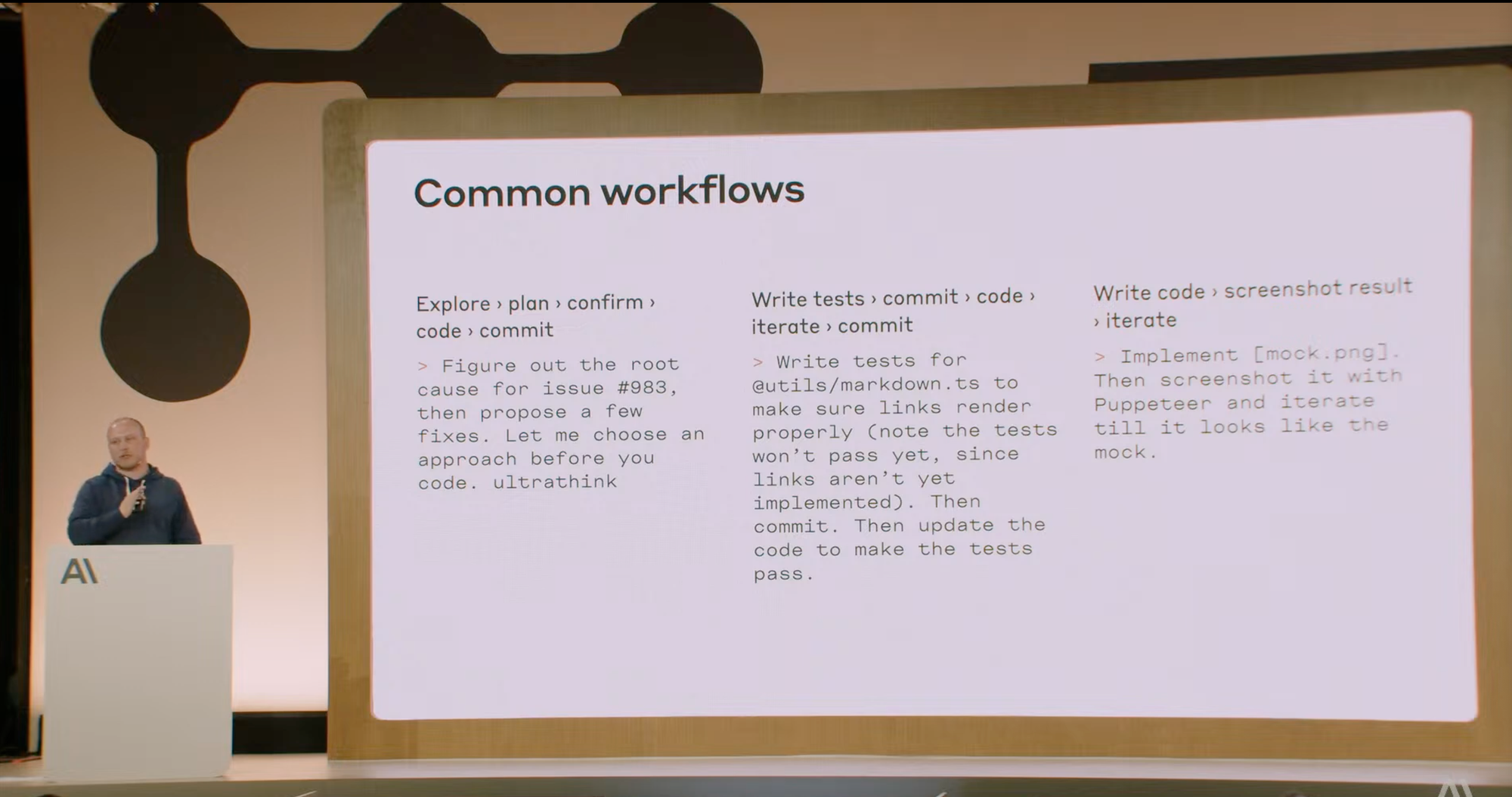
Tip 1: use codebase Q&A as a way to dip your feet into Claude Code; Tip 2: practice prompting, and start to understand what Claude Code "gets" immediately vs. what needs more specific instructions; Tip 3: teach Claude to use your tools; Tip 4: tailor the workflow tot he task; Tip 5: the more context you give Claude, the smarter it will be; Tip 6: take time to tune context. Tip 7: configure CLAUDE.md, MCP servers, permissions, and slash commands for your team, and check them into git.
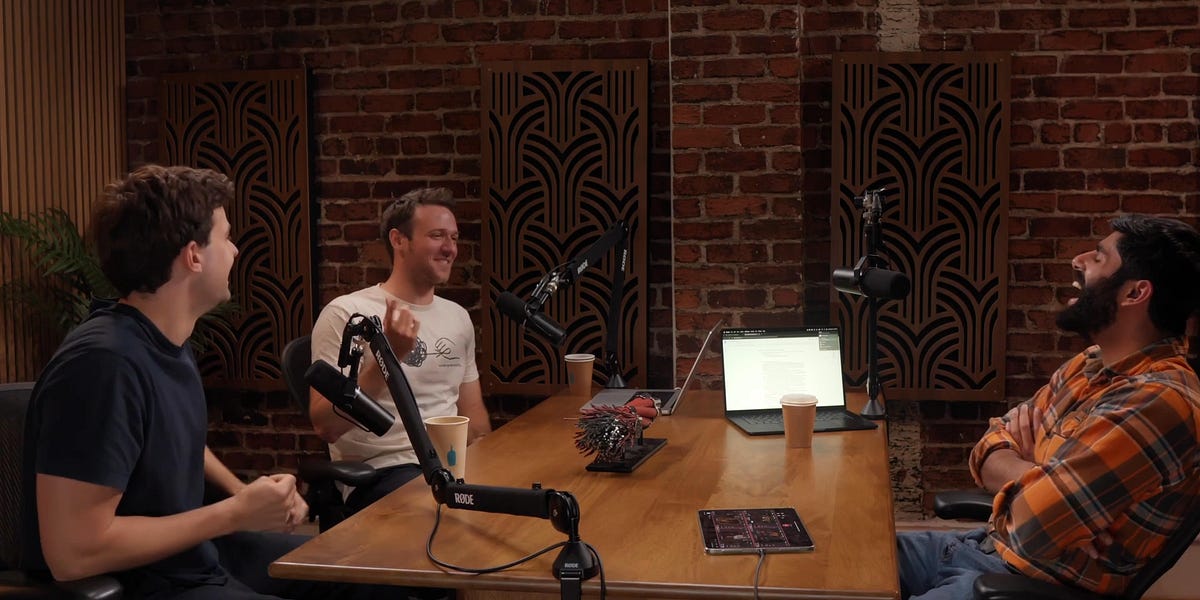
Good news. Software development will not be entirely automated until 2026. Also at the end we casually learn that AI can act as drop in replacement for all white collar work by 2027.
Software developers will always have an advantage over non developers according to Swyx.

I found the conversation about AI's impact on higher education pretty interesting.
I really wish I could afford to use Claude Code more. I'm seriously considering the max plan. Also I have a dev-crush on Boris.
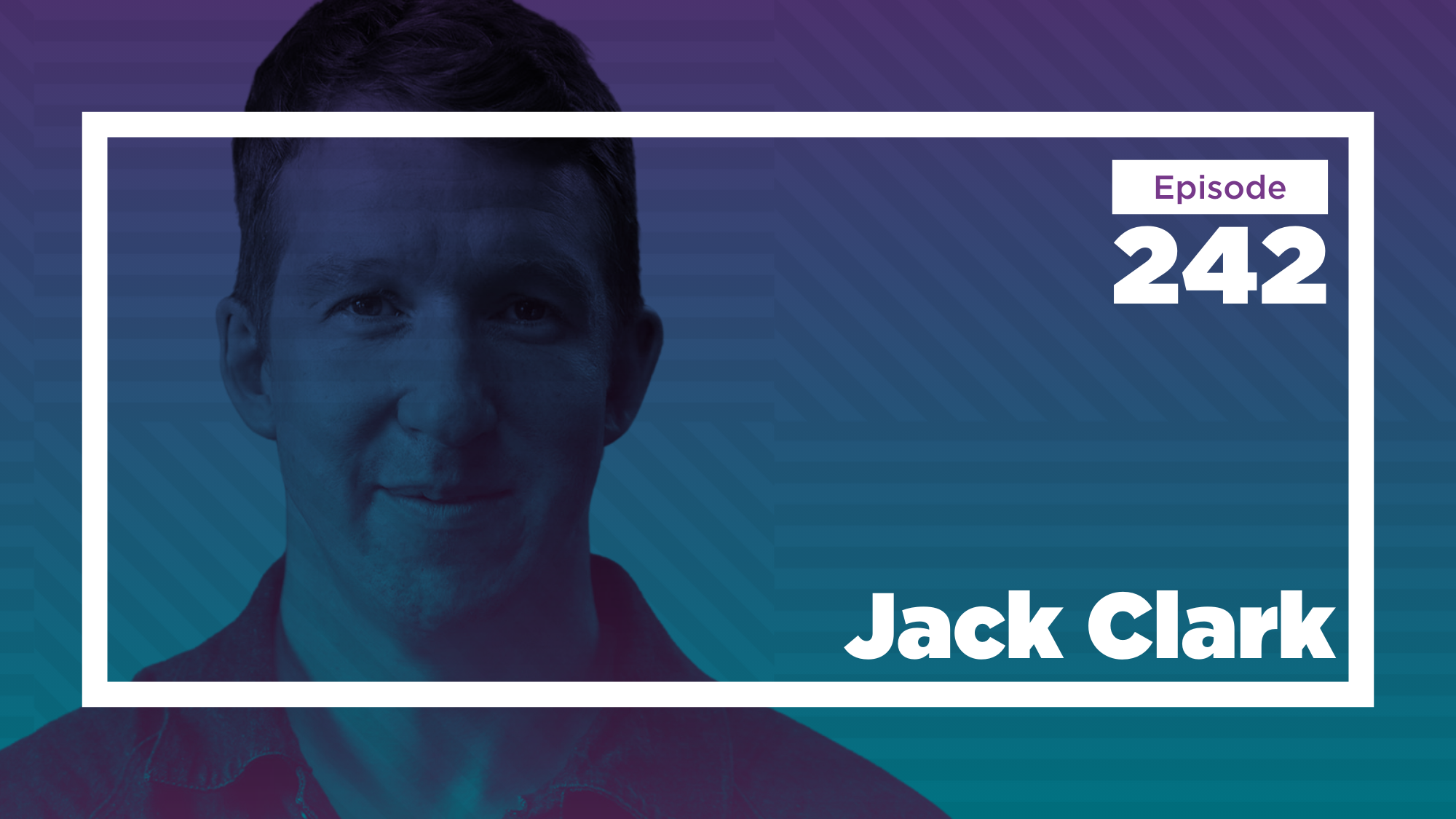
This is a pretty remarkable conversation. COWEN: For the ongoing AI revolution, what’s the worst age to be? CLARK: Ooh. COWEN: Say the best age is just to have been born if you’re going to live to maybe 130. If you’re very old and retired, it probably isn’t going to make you any worse off. It’ll help you in some ways. CLARK: I feel like people who worked on AI for many years and are now in their 60s might be feeling very shortchanged because they’re like, “I love this technology. I really wanted to make this technology real, but technology is now becoming real, and I’m going to maybe miss some of the most interesting parts of it as it makes its way into the world.” I think that could be galling. COWEN: But they can retire, right? Say I’m 40, and I did something upper middle-class but fairly routine. It feels a bit old to easily retrain. My guess is people who are 40 are the worst off in relative terms, even though they might live longer. CLARK: You could be right. I also think that there’s some chance that the worst age to be is maybe 10 or so, because you are now computer literate, you’re sophisticated. You’re going into an education system that is needing to react to this technology. You will be using the technology in a way completely different to your education system, and it might just feel violently confusing. I see that being a really difficult time. ---- On AI teddy bears COWEN: I believe we’re not that far from the age of what I call the AI teddy bears. You know what I mean when I say that? CLARK: Yes. COWEN: What percentage of parents now will buy those teddy bears for their kids and allow it? CLARK: I don’t think I’m an outlier. I think that once your lovable child starts to speak and display endless curiosity and a need to be satiated, you first think, “How can I get them hanging out with other human children as quickly as possible?” So, we’re on the preschool list, all of that stuff.
I would not want to be graduating college with a BA in History and Political Science in 2025.
⛱️ Patio11
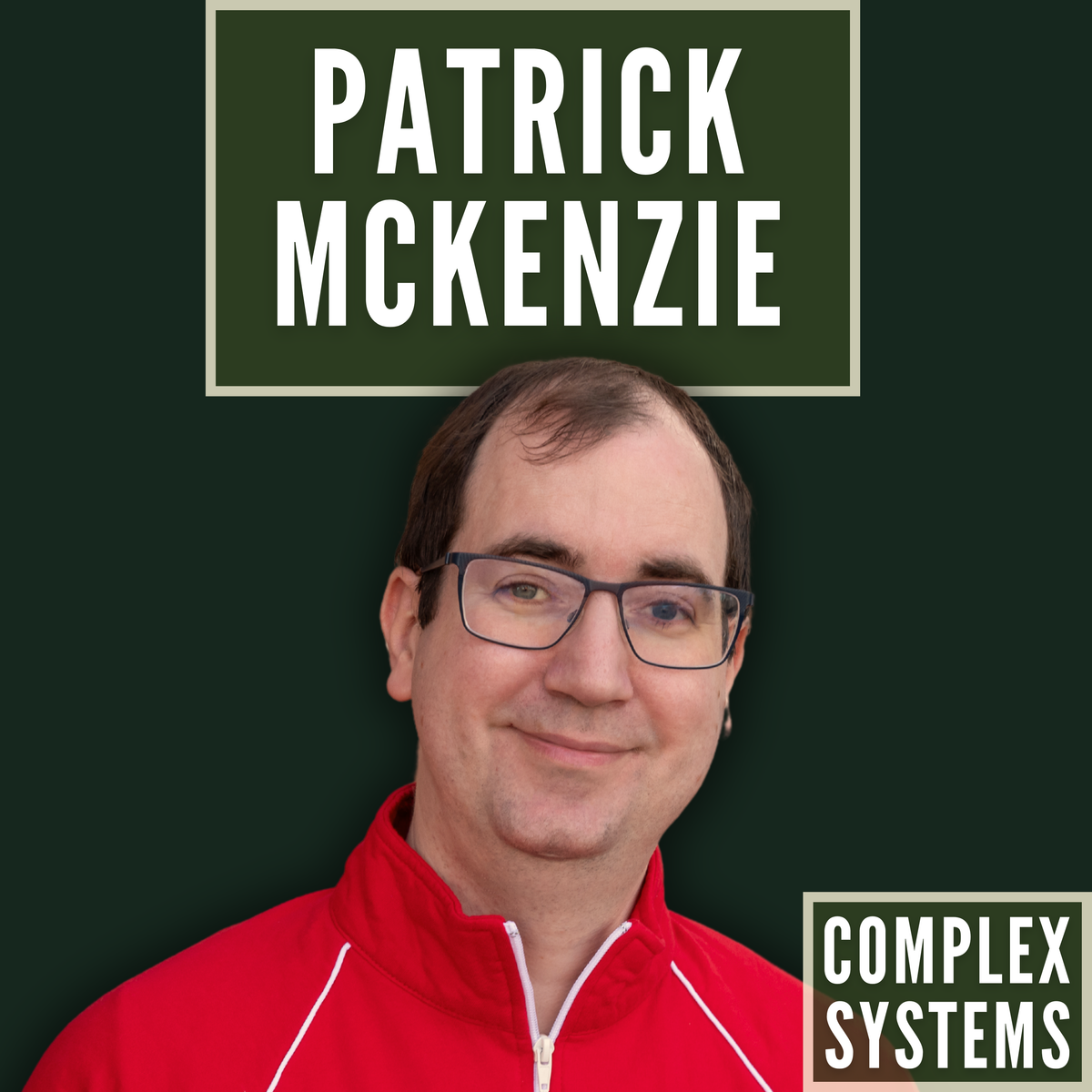
The absolute goat.

Not a great interview, but Patrick McKenzie still delivers nerdy minutia better than anyone.
📰 Articles
Repeat from last month, but I keep coming back to this: "avoid time-asymmetrical helping. Don’t do work for them that takes much more time than it took them to ask about it. For instance, if you’re asked “hey, I have this issue, how would you approach it”, don’t take the time to work out the actual solution and hand it to them. Fire off a quick response that points them at the next immediate step (e.g. “oh yeah, looks like something in the billing code, you should see how service X handles it”). This means they can’t spend minutes of their day tying up hours of yours."

"The 16-storey Monadnock building, one of the last skyscrapers to be constructed using load-bearing masonry, has 6-foot -thick (1.8 meters) walls at the base" "The Burj Khalifa, currently the tallest building, is perhaps the ultimate example of this, with the top 29% of the building being unoccupied space."

"The expectation that tens of thousands of people hanging around an old NASCAR track would be library-quiet for three-plus hours felt slightly deranged to me, but such is the cult of Phish." “When that portal opens, I don’t remember a single thing,” Fishman said. “I know which gigs are really good by how little I can remember. I do things on the drums that I never practiced and had no idea I was capable of. I have to go back and learn shit that happened in jams that I don’t actually know how to do.”
🎥 RotTube
"Now if you will write and say what wages you will give me I will better be able to decide whether it would be to my advantage to move back again. As to my freedom which you say I can have well there's nothing to be gained on that score as I got my free papers in 1864 from the Provost Marshall general of the department of Nashville."
Fast:Slow - for those as passionate about disco space funk as I am.









Member discussion